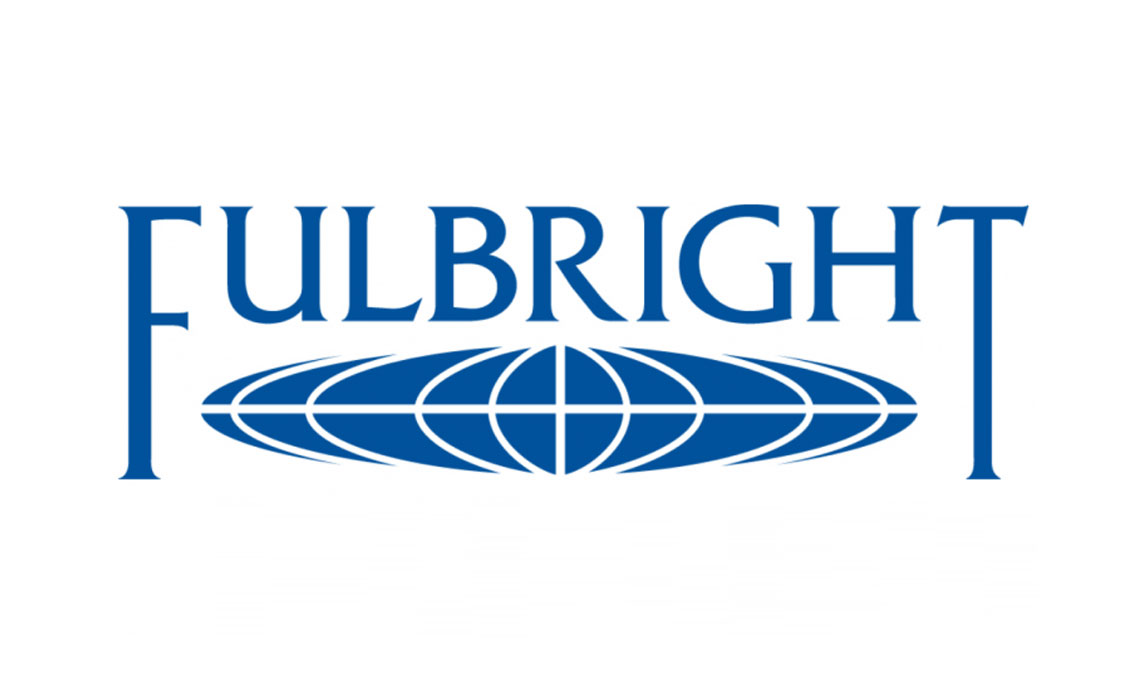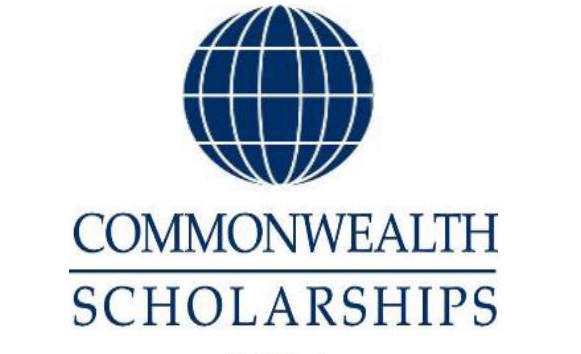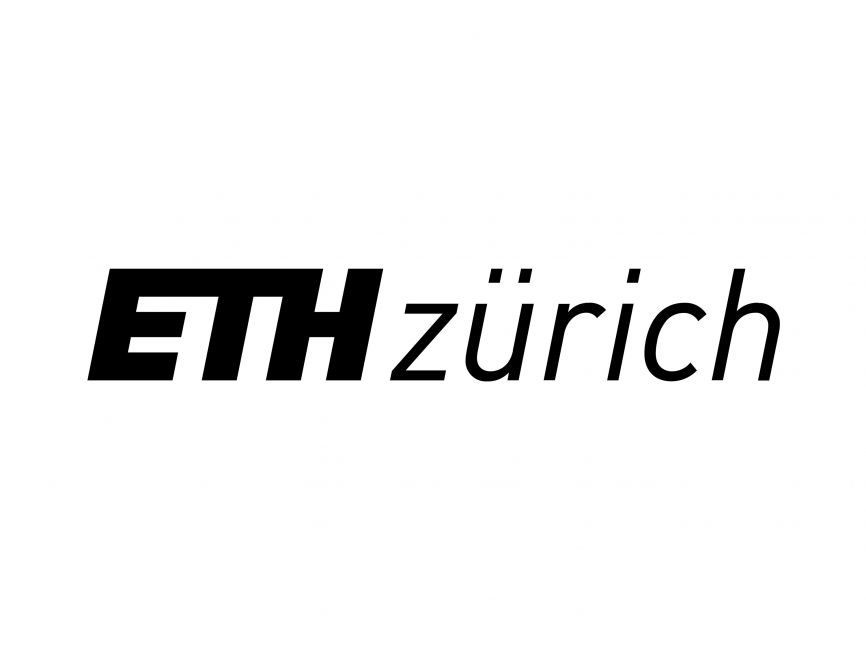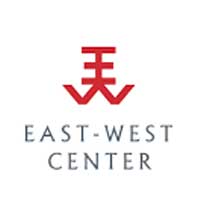MEXT Scholarship - Japanese Government Scholarship
MEXT Scholarship for Pakistani Students

Study abroad expert advice
Don't waste time! just fill the form to get help.
MEXT Scholarship Japan: A Complete Guide for Pakistani Students
The MEXT Scholarship Japan is a prestigious, fully-funded opportunity offered by the Japanese government to international students, including those from Pakistan. This popular scholarship program covers tuition, living expenses, and airfare, making world-class Japanese education accessible. For Pakistani students aiming for undergraduate, master's, or doctoral studies, securing the MEXT scholarship is a transformative step toward academic and professional excellence in fields like engineering, technology, and the sciences.
The application process is highly competitive and requires meticulous preparation, starting with an initial screening at the Embassy of Japan in Islamabad. Understanding the complete timeline, from document submission to the final announcement of results, is crucial for a successful application. This guide provides updated, detailed information for the 2025 intake to help Pakistani candidates navigate the process effectively.
Eligibility criteria are strictly defined and include academic excellence, age limits, and language proficiency. For the 2025 cycle, applicants must be under 35 for most graduate programs and possess a strong academic record from a recognized Pakistani institution. While Japanese language knowledge is advantageous, many university courses are taught in English, and preparatory language training is provided for selected candidates.
Programs Offered Under MEXT Scholarship
The MEXT scholarship offers several categories tailored to different academic levels. Pakistani students can apply for the Undergraduate (Research Student) program, the Master's or PhD program, and specialized college of technology or professional training college programs. Each category has specific age limits, academic requirements, and fields of study, so identifying the correct program that aligns with your academic background and career goals is the first critical step. The Research Student category is often the gateway for postgraduate studies, allowing students to later enroll in a degree program after passing university entrance exams.
Step-by-Step Application Process for 2025
The application journey for the MEXT scholarship Japan begins in early 2025, typically around April, when the Embassy of Japan in Islamabad releases the official announcement and application forms. Pakistani applicants must first pass the embassy's document screening and written examinations in their chosen subjects and languages. Shortlisted candidates are then invited for a crucial interview at the embassy, where their academic plans, motivation, and suitability for the scholarship are assessed. The final selection involves the embassy recommending candidates to MEXT in Tokyo, with placement at a Japanese university being a subsequent and vital phase of the process.
Essential Documents and Preparation Tips
Preparing a flawless application package is non-negotiable for this popular scholarship program. Key documents include academic transcripts and degrees attested by HEC, a detailed and compelling research proposal or study plan, letters of recommendation from university professors, and a valid passport. For the 2025 intake, special attention should be given to the research proposal, as it is a primary tool for evaluation; it must demonstrate clarity, originality, and relevance to your field and Japan's academic strengths. Starting document preparation months in advance, especially the HEC attestation which can be time-consuming, significantly increases your chances of submitting a strong application before the deadline.
The MEXT Scholarship is one of the world’s most prestigious and fully funded scholarships in Japan. Offered by the Japanese government, this scholarship aims to promote international academic exchange and cultural understanding. It provides an exceptional opportunity for Pakistani students to pursue higher education in Japan at top-ranked universities, covering tuition fees, living expenses, airfare, and more. Whether you are an undergraduate, master’s, or doctoral student, the MEXT Scholarship opens doors to advanced education and international experience without financial burden.
For Pakistani students aspiring to study abroad, the MEXT Scholarship is a gateway to academic excellence, professional growth, and cultural enrichment. This program enhances academic credentials while providing a unique experience of living and studying in Japan.
Programs Offered Under MEXT Scholarship
The MEXT Scholarship categories are designed to meet the needs of students at various academic levels:
- Research Students (Master’s/PhD/Non-degree): For Pakistani graduates aiming to pursue Master’s, Doctoral, or research programs at Japanese universities. Often, students start as non-degree research students to prepare for their desired program.
- Undergraduate Students: For students who have completed intermediate education (F.A/F.Sc./A-Levels) and want to pursue a Bachelor’s degree in Japan. This program includes a one-year preparatory course in Japanese language and related subjects.
- Teacher Training Students: Active educators seeking advanced studies and educational research in Japan.
- Japanese Studies Students: Undergraduate students studying Japanese language or culture abroad can enhance their knowledge with a one-year program in Japan.
- College of Technology Students: For those planning to enroll in a Japanese college of technology.
- Specialized Training College Students: For students pursuing a specialized vocational training program in Japan.
- Young Leaders Program (YLP) Students: Designed for young public administrators and professionals who are expected to contribute significantly to their countries.
Each program category has specific requirements and benefits, allowing Pakistani students to choose the path that best fits their academic and professional goals.
Benefits of the MEXT Scholarship for Pakistani Students
The MEXT Scholarship is famous for its generous benefits, making it one of the most sought-after scholarships for Pakistani students. Key advantages include:
- Full Tuition Fee Exemption: All examination, matriculation, and tuition fees at Japanese universities are fully waived.
- Monthly Stipend for Living Expenses: Students receive a monthly allowance depending on their academic level—approximately JPY 117,000 for undergraduate, JPY 144,000 for master’s, and JPY 145,000 for doctoral students, with potential additional regional allowances.
- Round-trip Airfare: Upon completion of the scholarship program, students are provided an economy-class flight from Pakistan to Japan and back.
- Accommodation Assistance: Most Japanese universities offer international dormitories or help students find suitable housing.
- Preparatory Education: Undergraduate students and some research students may receive a one-year preparatory program in Japanese language and other subjects, helping them adjust smoothly to Japanese university life.
These benefits make the MEXT Scholarship not only financially attractive but also a comprehensive package that ensures academic success and personal growth.
Eligibility Criteria for Pakistani Applicants
Eligibility for the MEXT Scholarship 2025 for Pakistani students varies slightly depending on the program, but the general requirements are:
- Nationality: Applicants must be Pakistani citizens. Dual nationals, including Japanese, are typically ineligible unless they renounce their Japanese nationality before arrival.
- Age Limit:
- Undergraduate Students: 17 to 25 years old as of April 1 of the year of arrival in Japan.
- Research Students (Master’s/PhD): Under 35 years old as of April 1 of the arrival year.
- Teacher Training Students: Under 35 with at least five years of active teaching experience.
- Academic Background:
- Undergraduate programs require completion of 12 years of school education (F.A/F.Sc./A-Levels).
- Master’s programs require 16 years of education, usually with a Bachelor’s degree.
- Doctoral programs require 18 years of education, usually with a Master’s degree.
- Health Requirements: Applicants must be physically and mentally healthy. A medical certificate signed by a doctor is required.
- Language Proficiency: While some programs are offered in English, applicants should demonstrate a desire to learn Japanese and an interest in Japanese culture. IELTS/TOEFL is generally not required but can strengthen the application.
- Availability to Travel: Applicants must be able to arrive in Japan during the designated period.
Meeting these criteria is essential for a competitive application, and proper preparation can significantly improve your chances of selection.
How to Apply for MEXT Scholarship in Pakistan
Pakistani students typically apply for the MEXT Scholarship through the Embassy Recommendation Track. The application process involves several important steps:
- Visit the Japanese Embassy Website: Always check the official website for the latest guidelines, forms, and deadlines.
- Download and Complete Application Forms: Fill in all required documents, including the application form, research plan, health certificate, and other relevant documents. Typing your forms is recommended.
- Prepare Supporting Documents: Collect authenticated copies of academic transcripts, degrees, recommendation letters, passport copy, photographs, CV (for graduate students), and proof of language proficiency if available.
- Submit Application: Submit the completed application packet to the Japanese Embassy in Islamabad or Consulate General in Karachi before the deadline. Do not send it directly to MEXT.
- Screening Process: Shortlisted candidates undergo a written exam (covering Japanese, English, and relevant subjects) and an interview at the Embassy or Consulate.
- University Recommendation and Acceptance: Selected candidates may need an acceptance letter from a Japanese university.
- Final Selection: MEXT reviews the recommended candidates and makes the final selection.
- Visa Processing: After selection, students receive documentation for a Japanese student visa.
Proper preparation for each stage of the application is critical to maximize your chances of success.
Frequently Asked Questions About MEXT Scholarship
- Do I need to know Japanese to apply?
Not always. Many graduate programs are offered in English. However, a willingness to learn Japanese is recommended, especially for undergraduate programs with a preparatory year. - Is MEXT Scholarship fully funded?
Yes, it covers tuition, living expenses, and round-trip airfare, making it one of the most generous scholarships for Pakistani students. - Can I apply if I’m still studying?
Yes, final-year students can apply with a certificate showing expected graduation and transcripts. - What are the age limits?
Undergraduates must be under 25, while graduate/research programs generally have a limit of 35 years. - How competitive is MEXT Scholarship?
It’s highly competitive due to full funding and the program’s reputation. Strong academics, a clear research plan, and excellent performance in the written exam and interview are key. - Can I apply directly to MEXT or universities?
Pakistani students are recommended to apply through the Embassy Recommendation Track. Some universities offer direct recommendation options, but this is less common. - Do I need IELTS/TOEFL?
Not usually required for embassy applications if prior education was in English, but having a good score may strengthen your application. - What should a research plan include?
For graduate students, it should include the topic, background, objectives, methodology, expected results, and alignment with Japanese research trends. - What happens after first screening?
Selected candidates are recommended to MEXT, and may need to obtain a provisional acceptance from a Japanese university. - Can I work part-time while studying in Japan?
Yes, students with a valid visa can work up to 28 hours per week during school and full-time during holidays, with prior permission from immigration.
Final Thoughts
The MEXT Scholarship 2025 for Pakistani students is truly a life-changing opportunity to pursue world-class education in Japan. By offering full financial support, academic guidance, and cultural exposure, this program prepares students to excel academically and professionally while fostering international connections.
Applying for this scholarship requires careful planning, preparation, and dedication. Pakistani students who meet the eligibility criteria and demonstrate motivation, strong academics, and a willingness to embrace Japanese culture can gain one of the most prestigious scholarships available worldwide.
Start your journey to study in Japan with MEXT Scholarship and unlock a world of opportunities for your academic and professional future.
Related Popular Scholarships
| Scholarship Name | Type | Category | Action |
|---|---|---|---|
| Popular |
All Levels
|
View Details | |
| Popular |
All Levels
|
View Details | |
| Popular |
All Levels
|
View Details | |
| Popular |
All Levels
|
View Details | |
| Popular |
All Levels
|
View Details | |
| Popular |
All Levels
|
View Details | |
| Popular |
All Levels
|
View Details | |
| Popular |
All Levels
|
View Details | |
| Popular |
All Levels
|
View Details | |
| Popular |
All Levels
|
View Details |

Get Latest Scholarships in Your Email
Subscribe to our scholarships alert and get notified for every new scholarships of your choice

Subscribe to Scholarship Alerts
Get the latest scholarships delivered to your inbox
Thank You!
You've successfully subscribed to our scholarship alerts.
Redirecting in 3














.jfif)



